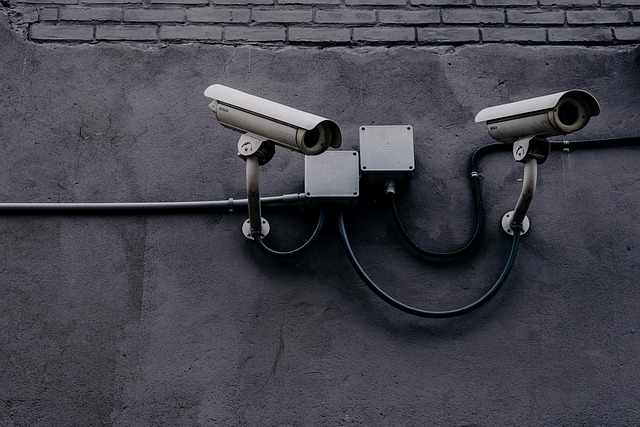The intersection of robotics and artificial intelligence is paving the way for groundbreaking applications, especially when it comes to automated control of biological systems. Imagine a world where technology seamlessly collaborates with nature, enhancing our understanding and management of living organisms and ecosystems. This idea is not just a dream; it’s becoming a reality as we harness the capabilities of robotics and AI in today’s rapidly evolving landscape.
The significance of biological systems cannot be overstated. They encompass everything from microbial life to complex ecosystems, all of which play vital roles in our environments and economies. Integrating advanced robotics with AI allows for unprecedented control over these systems, providing insights that were once unimaginable.
Consider the field of agriculture. Modern farms are now utilizing robots equipped with AI to monitor crop conditions, assess soil health, and even manage pest control. Autonomous drones traverse fields, gathering data about plant health while using machine learning algorithms to optimize watering schedules. This level of automatisation not only increases efficiency but also promotes sustainable practices that reduce waste and environmental impact. Farmers can now make informed decisions backed by real-time data, fostering healthier crops and more resilient agricultural systems.
In the realm of healthcare, the potential of robotics and AI to control biological systems is equally transformative. Surgical robots, guided by AI algorithms, assist surgeons with unparalleled precision, reducing recovery times and enhancing patient outcomes. In laboratories, robotic systems can perform tasks ranging from genetic sequencing to protein synthesis, accelerating research and enabling breakthroughs that could change how we approach diseases.
As businesses explore the possibilities of these technologies, the integration of robotics and AI into biological systems expands beyond traditional boundaries. Industries from pharmaceuticals to environmental monitoring are harnessing automated solutions that streamline processes and stimulate innovation. For businesses, this means not only saving time and resources but also paving the way for new revenue models based on bio-technology advancements.
However, the journey towards fully automating control of biological systems is not without its challenges. Ethical considerations, data privacy concerns, and the need for regulatory frameworks to guide these technologies’ development are paramount. As we tread carefully, it’s crucial to maintain a balance between innovation and responsibility.
As we continue to unleash the power of robotics and AI in the management of biological systems, the potential to revolutionize industries, enhance productivity, and create a more sustainable future is within our reach. The alliance of advanced technology with the marvels of nature will define the next era of automated control, forever changing the way we interact with the world around us.




